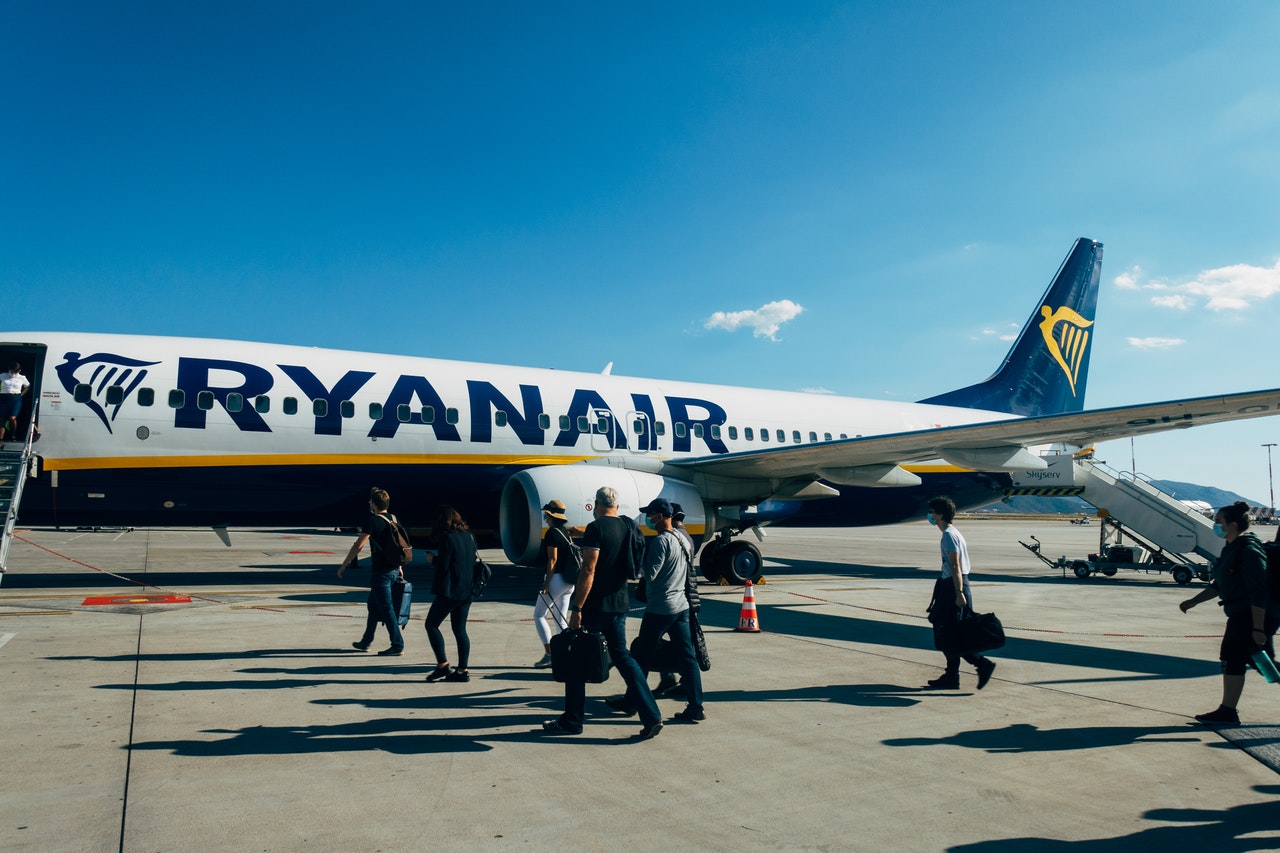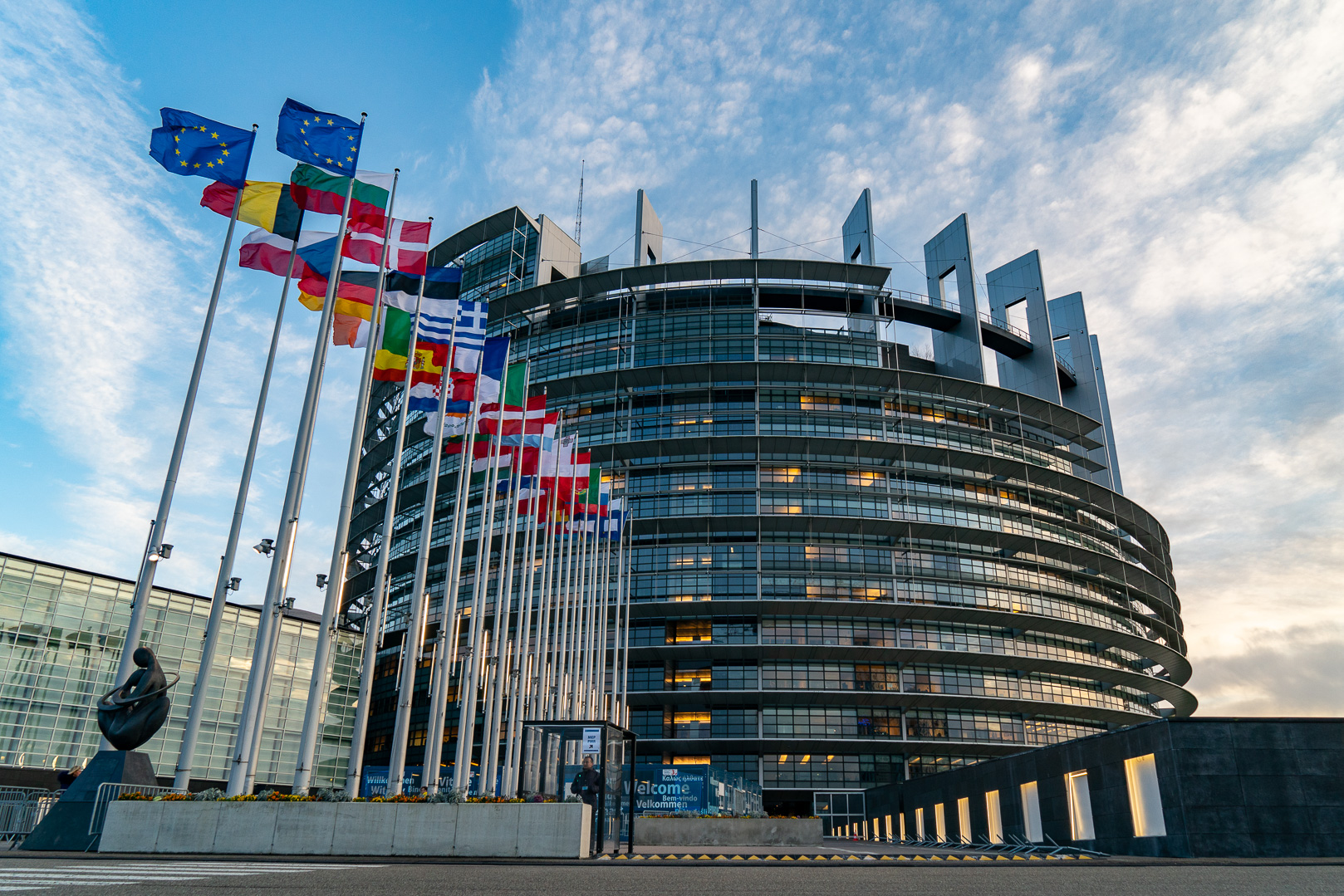The third iteration of the UK’s green list for international travel, released on Thursday afternoon, includes a notable and long-awaited addition in the form of Malta.
The new list was compiled as part of the UK Government’s ‘traffic light’ system for international travel, by which the country’s health authorities rank countries based on their risk of cross-border COVID transmission.
It comes after UK media once again tipped Malta to be added to the list, citing the country’s low COVID active case numbers (27 according to most recent statistics) and its fast vaccination rollout, which has so far seen 640,729 doses of COVID vaccines being administered.
Whereas previously, media speculation proved to be just that, to the disappointment of tourism industry stakeholders in Malta and elsewhere, the reports were, this time accurate.
The country is joined by Madeira, Spain’s Balearic Islands and various Caribbean islands.
It comes as the UK Government has come under increasing pressure from travel industry stakeholders to revise its travel list.
The list comes into effect on 30th June.
The UK travel lists are the responsibility of the individual countries that make up the UK.
Whilst England, Scotland and Northern Ireland have all confirmed their green lists, Wales has not yet, though it is likely their list will be the same.
What does it mean for Malta?
The UK has traditionally been one of Malta’s key tourism markets.
Malta initially failed to make it onto the first edition of the green list, published six weeks ago, seeing some of Malta’s hoteliers record stalling booking numbers, and a sharp increase in terms of cancellation requests.
At the time, AX Hotel Group Hospitality Director Claire Zammit warned that “if the UK does not open up to us, it will be of great concern to our islands, as enterprises will not be able to sustain their costs any further without any sort of volume coming in”.
Indeed, statistics show that UK tourists pre-COVID were the most numerous visiting Malta.
In 2019, for example, data from the National Statistics Office shows that 649,624 of the 2,753,329 tourists to Malta were residents of the UK. The next most numerous tourist were Italians, of which less than 400,000 visited.
Recognising this, the Maltese Government has targeted the country for the launch of an aggressive advertising campaign aimed at attracting tourists.
The UK is currently on Malta’s ‘amber list’, which is comparable in terms of restrictions imposed on travellers to England’s green list.
A potential stumbling block, however, comes in the form of a call by German chancellor Angela Merkel to force British travellers to all EU countries to quarantine on arrival, in order to slow the spread of the Delta variant in the bloc.
France has since joined her calls, becoming the third major EU country to require British tourists to isolate on arrival.
New risks?
It comes as the new, more transmissible variant of the virus first identified in India continues to spread in the UK, with new cases increasing by 43.9 per cent in the last seven days, compared to the week before.
However, it seems that the variant is mostly spreading amongst unvaccinated people and those who have only received one dose of the vaccine. In an attempt to combat the spread, health authorities in the UK recently opened up the vaccination programme to all those over the age of 18.
In hopeful news, according to recent studies, existing vaccines produced by AstraZeneca and Pfizer remain broadly effective against the Delta variant of the virus.
According to a UK Public Health study published in May, a single dose of either AstraZeneca or Pfizer’s vaccine reduces a person’s risk of developing COVID symptoms caused by the Delta variant by 33 per cent, compared to 50 per cent for earlier variants.
A second dose of the AstraZeneca vaccine boosted protection against the variant to 60 per cent, compared to 66 per against Alpha, whereas two shots of the Pfizer jab were 88 per cent effective, compared to 93 per cent in the case of the Alpha variant.
More than 67 per cent of the adult population of Malta are now fully vaccinated.
With Malta continuing to lift its local COVID restrictions, with fully vaccinated people set to be able to remove their masks outdoors as from 1st July, the country’s authorities will be especially keen to not risk setting achievements gained by the sacrifice back.
Malta has so far detected a single case of the Delta variant, which was detected several weeks ago.
Ryanair cuts Malta link to Serbia’s Niš
The low-cost airline is slashing some major routes in Germany, Spain, Belgium, Portugal and Malta
Event tourism is the standout travel trend for 2026 – How will Malta fare?
The global tourism market is booming, and events are leading the way
EU Parliament agrees on common system to calculate corporations’ taxable income
The reform is designed to replace today’s patchwork of national tax rule






